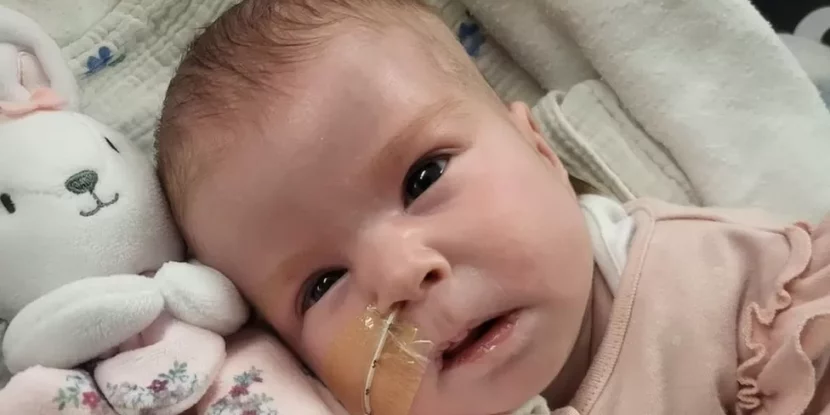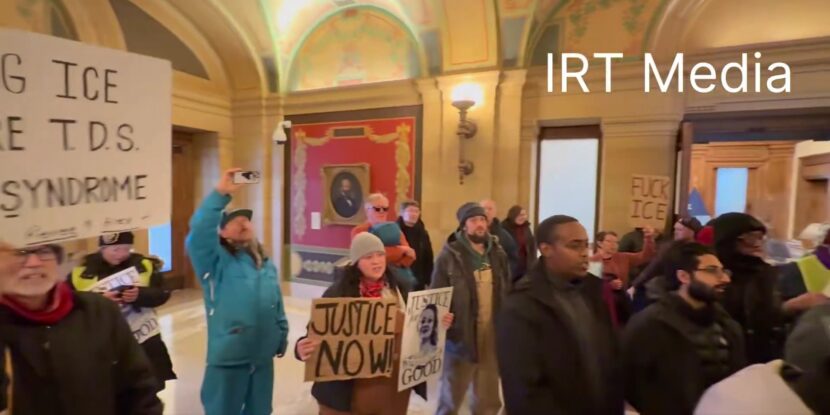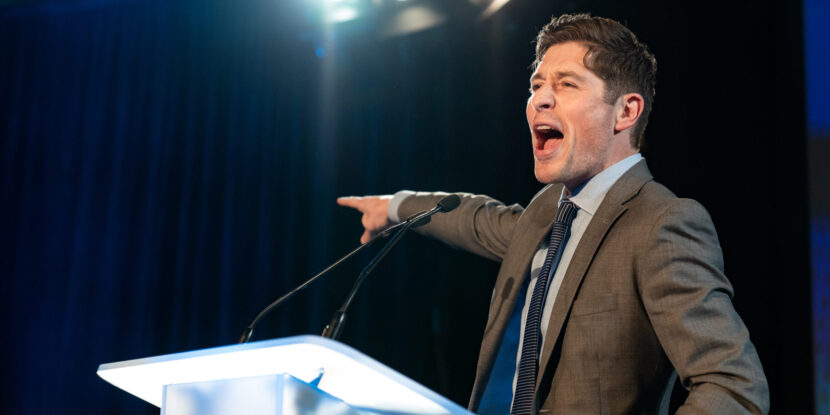England’s High Court has ruled in favor of a socialized healthcare trust seeking to withdraw life support from a seven-month-old baby girl, against her parent’s wishes, deciding “the significant pain experienced by this lovely little girl is not justified when set against an incurable set of conditions, a very short life span, no prospect of recovery and, at best, minimal engagement with the world around her.”
“With a heavy heart, I have come to the conclusion that the burdens of invasive treatment outweigh the benefits,” said the judge, Sir Robert Peel.
“In my judgment, having weighed up all the competing considerations, her best interests are served by permitting [the National Health Service] to withdraw [life support],” he added.
“We are devastated by the judge’s ruling and will be appealing,” said the baby’s father, Dean Gregory.
“Indi can definitely experience happiness. She cries like a normal baby,” he said.
“We know she is disabled, but you don’t just let disabled people die. We just want to give her a chance.”
British judges frequently allow doctors in the socialized healthcare system to not just withdraw life support from children against the wishes of their parents, but to allow parents to take children to other healthcare providers willing to treat them, as in the case of Charlie Gard.
In an even more shocking case last month, judges ruled a 19-year-old woman who had clearly communicated her desire to travel to America for experimental treatment should not be allowed to do so, deciding she lacked the capacity to make her own decisions.
During her case, the courts had also ruled neither the press nor her family could name her or publicly discuss her case, making it possible for them to fundraise or drum up support for her from doctors overseas or pro-life organizations.





















